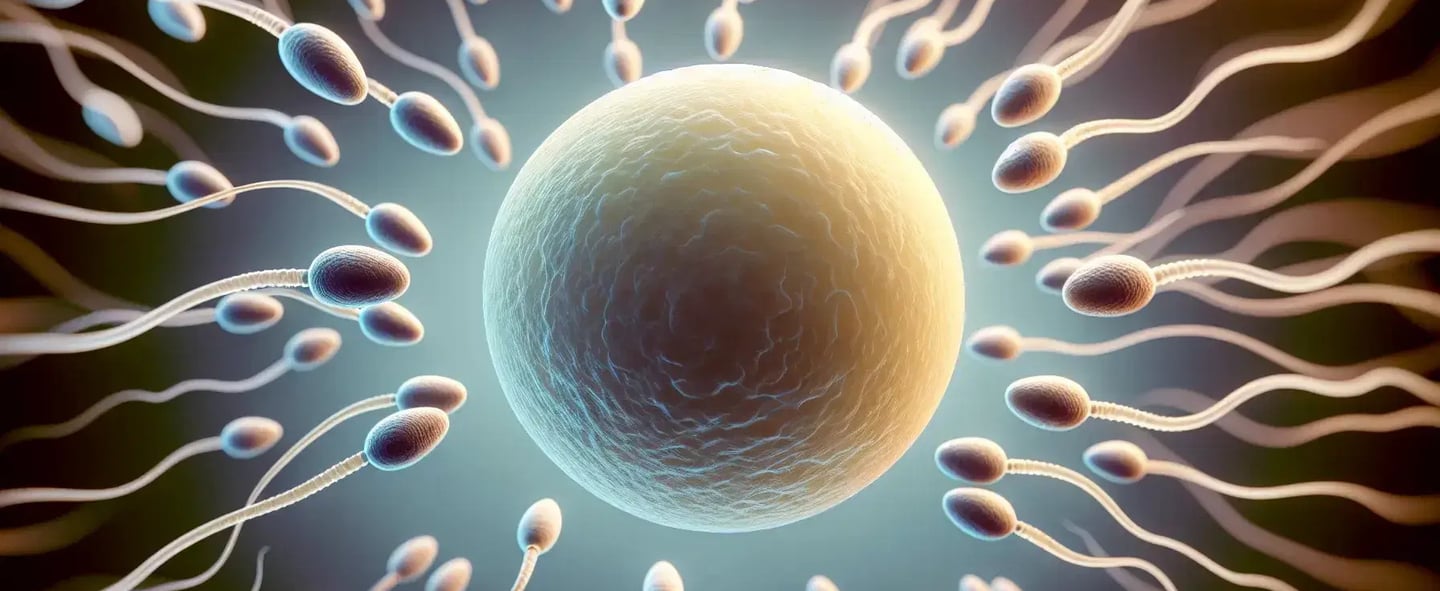

Functional Reproductive Health in Men
Functional reproductive health refers to the proper working of the male reproductive system—physically, hormonally, and sexually. It involves all the biological processes that enable a man to achieve and maintain fertility, sexual function, and hormonal balance throughout his life.
What Does Functional Reproductive Health Include?
A healthy male reproductive system depends on the coordinated function of several components:
Hormonal Balance
Hormones like testosterone, FSH (Follicle Stimulating Hormone), and LH (Luteinizing Hormone) play a key role in sperm production, sexual desire, and overall reproductive health.Healthy Sperm Production
The testes must produce sufficient quality and quantity of sperm for fertility. Issues such as low sperm count, poor motility, or abnormal morphology can affect the ability to conceive.Erectile and Ejaculatory Function
The ability to achieve and maintain an erection and ejaculate effectively is a vital part of functional sexual health.Well-Functioning Reproductive Organs
Organs like the testes, prostate, seminal vesicles, and vas deferens must work in harmony for normal sexual and reproductive activity.
Signs of Reproductive Dysfunction
When any part of the reproductive system isn't functioning properly, it may lead to:
Difficulty achieving or maintaining an erection (ED)
Premature or delayed ejaculation
Decreased libido or sexual satisfaction
Infertility or low sperm count
Hormonal imbalances (e.g., low testosterone)
Pain, swelling, or discomfort in the testicles or groin area
What Causes Reproductive Dysfunction?
There are several contributing factors, including:
Hormonal imbalances, Lifestyle factors (stress, smoking, alcohol, obesity), Varicocele or testicular issues, Chronic illnesses like diabetes or hypertension, Age-related changes, Infections or past surgeries, Genetic conditions
What Does Functional Reproductive Health Include?
A healthy male reproductive system depends on the coordinated function of several components:
Hormonal Balance
Hormones like testosterone, FSH (Follicle Stimulating Hormone), and LH (Luteinizing Hormone) play a key role in sperm production, sexual desire, and overall reproductive health.Healthy Sperm Production
The testes must produce sufficient quality and quantity of sperm for fertility. Issues such as low sperm count, poor motility, or abnormal morphology can affect the ability to conceive.Erectile and Ejaculatory Function
The ability to achieve and maintain an erection and ejaculate effectively is a vital part of functional sexual health.Well-Functioning Reproductive Organs
Organs like the testes, prostate, seminal vesicles, and vas deferens must work in harmony for normal sexual and reproductive activity.
Signs of Reproductive Dysfunction
When any part of the reproductive system isn't functioning properly, it may lead to:
Difficulty achieving or maintaining an erection (ED)
Premature or delayed ejaculation
Decreased libido or sexual satisfaction
Infertility or low sperm count
Hormonal imbalances (e.g., low testosterone)
Pain, swelling, or discomfort in the testicles or groin area
Diagnosis and Treatment
A functional reproductive assessment involves:
Hormone testing
Semen analysis
Ultrasound imaging
Physical examination
Lifestyle evaluation
Based on the findings, a personalized treatment plan may include:
Medication or hormone therapy
Lifestyle and diet changes
Sexual health counselling
Surgical interventions (if necessary)
Fertility support and treatment
Patient Feedback
Read what our satisfied patients say about Dr. Yasir Iqbal Lone.
Dr. Lone provided exceptional care during my surgery. Highly recommend his services!
John Smith
New Delhi
I am thoroughly impressed with Dr. Lone's expertise and caring nature. His staff is friendly, and I felt well taken care of throughout my treatment journey.
Emily Clark
Delhi NCR
